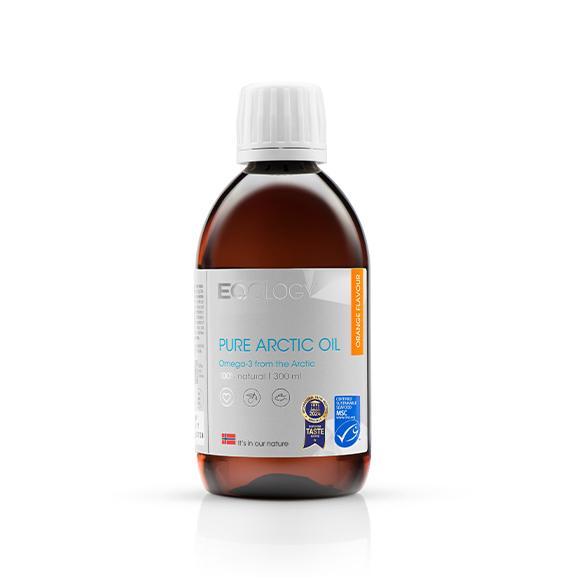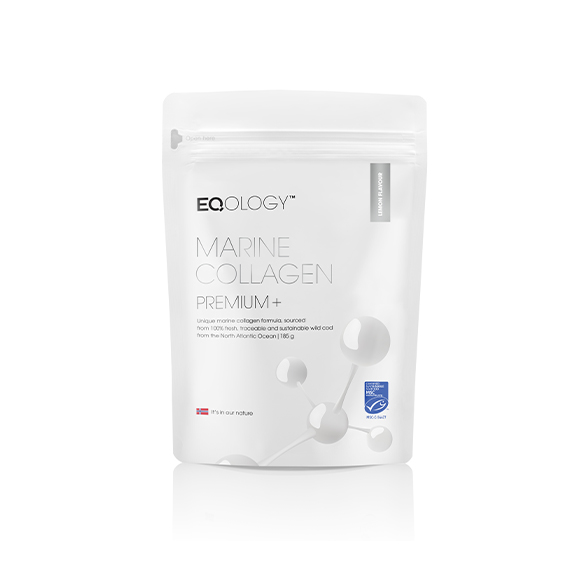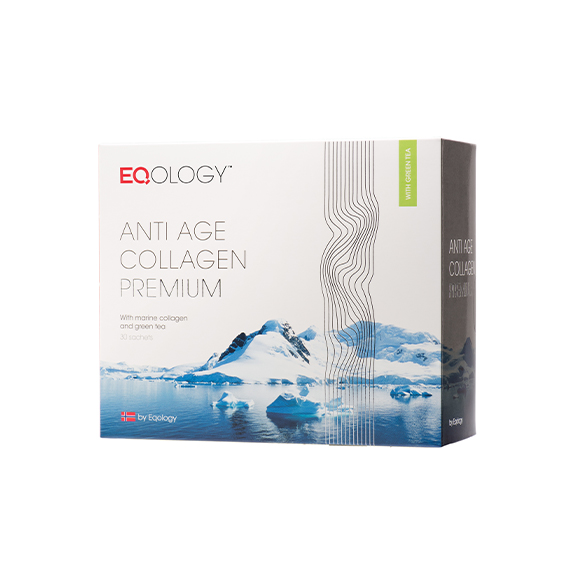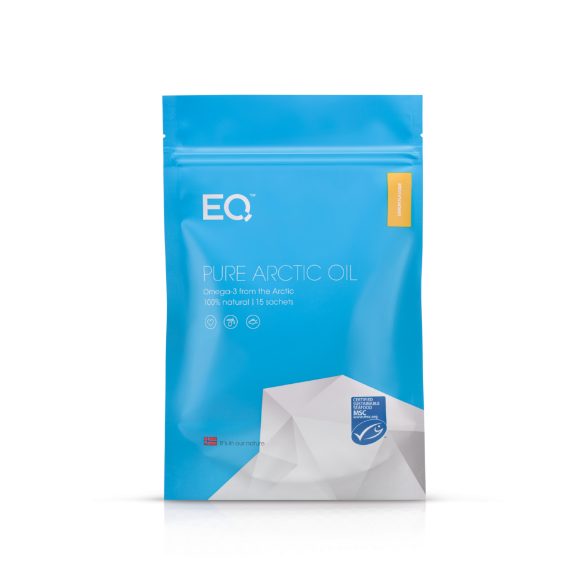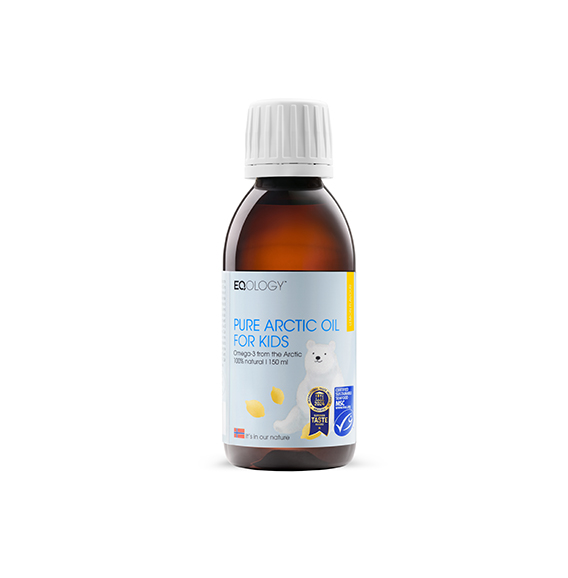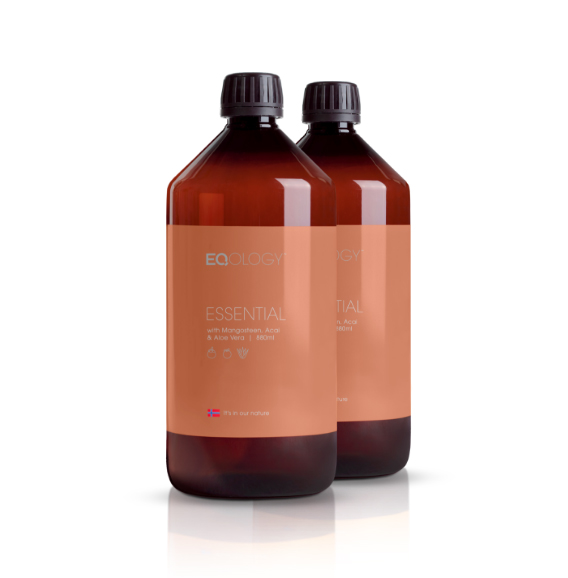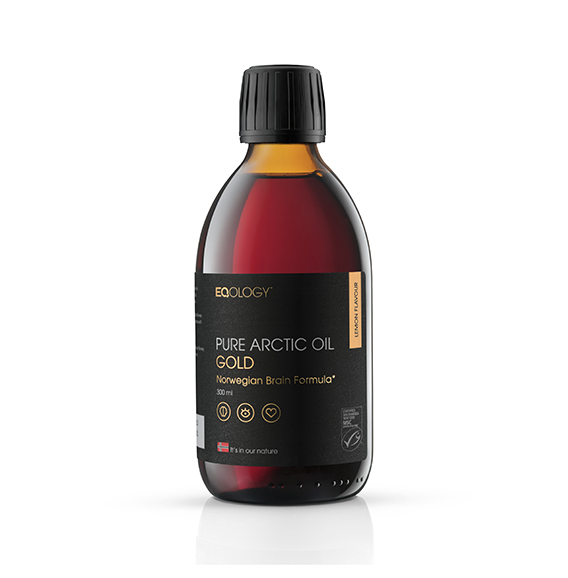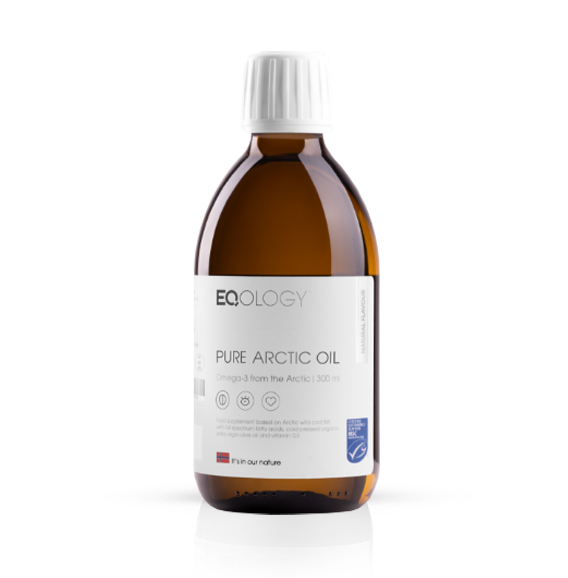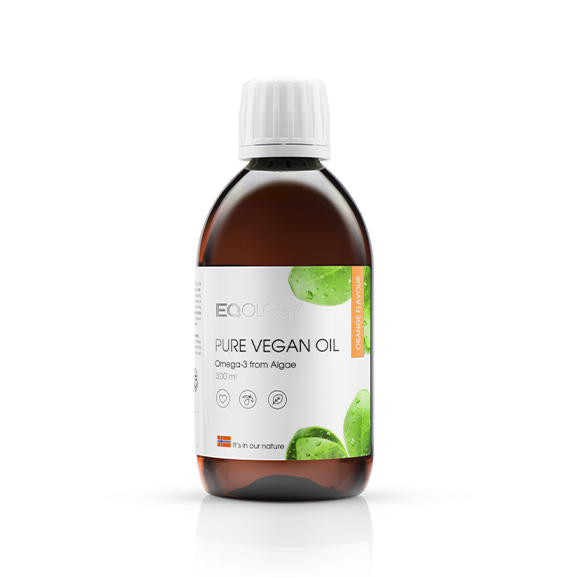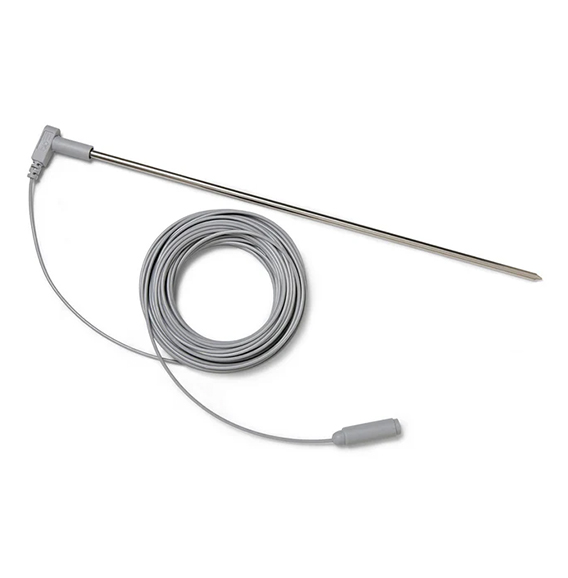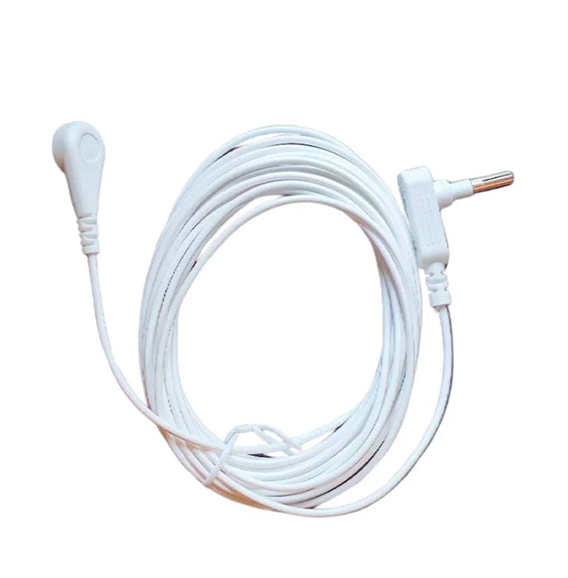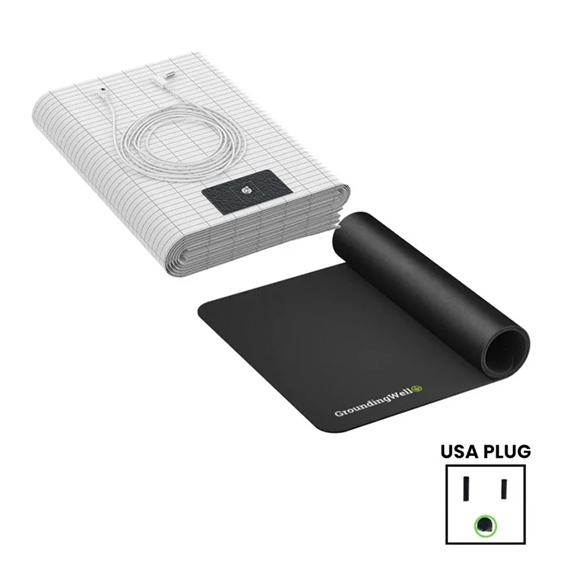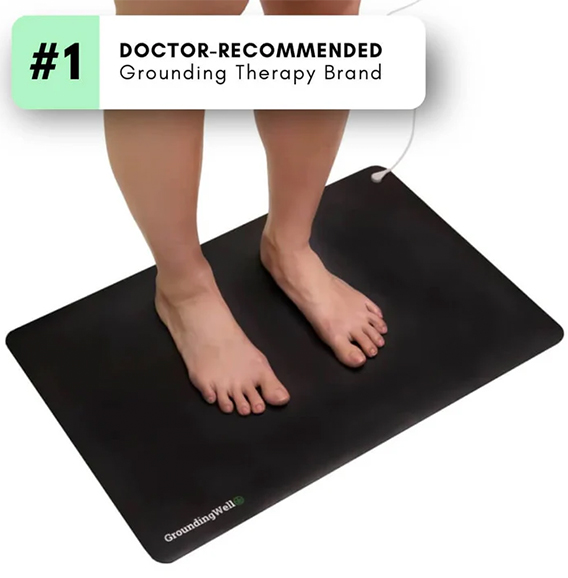Collagen is a natural protein found in bones, muscles, skin, nails, tendons and connective tissue.
As we age, our body produces it in smaller amounts, which leads to visible effects such as dry skin and wrinkles. However, the skin is the last link indicating its deficiencies. The body accumulates what it needs, primarily for the functioning of internal organs. Therefore, all building resources will be absorbed there first and then, in the final stage, the appearance of the skin will change.
Collagen products support our joints, support the integrity of connective tissue and cartilage, and slow down the effects of ageing.
It has already been shown that taking collagen preparations reduces inflammation and stimulates the synthesis of this protein in the body. It may alleviate pain in people with osteoarthritis, psoriasis, atopic dermatitis, and other chronic conditions.
Collagen is part of connective tissue and consists of adipose tissue, cartilage tissue, fat cells and blood. It is important in bonding and connecting other tissues, but also in the condition of all organs and their stabilization.
A common problem for women, especially during pregnancy, is the elasticity of the abdominal skin, the ability to withstand the pressure of the developing baby on the uterus causes it to lower, so support during and after pregnancy is crucial for the muscles responsible for childbirth and urinary continence after labour effort.
The cohesion of structures between organs: liver, kidneys, stomach, heart, intestines, these are all connective structures that need the correct amount of collagen or their support when we start to produce less of it. Collagen constitutes 30% of all human proteins and is the most important structural protein. We require it for our teeth, DNA structure, thyroid gland, intestines, cornea, and blood vessels. It also supports the absorption of vitamins and minerals, which increases the density of our bones.
Bones require elasticity thanks to the built-in collagen, so when we produce less of it with age, brittleness, and brittleness of bones may occur.
Another important function is the influence on the integrity of the mucosa, its condition and functioning. It is an interconnected integral system that even affects our immune system. When the walls of the intestine or stomach are not in good condition, they often become permeable, which leads to allergies and food intolerances, e.g. Celiac disease. It is collagen that influences the reconstruction of intestinal villi and thus seals the walls of the digestive system, which improves our absorption of nutrients.
Collagen deficiencies reduce the ability to rebuild organs and all body structures.
The synthesis of collagen fibre reconstruction involves, among others, oestrogen, insulin and thyroid hormones. In case of hormonal diseases such as Hashimoto’s thyroids, PCOS, Endometriosis or during pregnancy, we should take special care of its supply.
Already from the age of 25, its amount in our body decreases, and after the age of 60 it practically disappears.
Sport and increased physical activity contribute to the increased destruction of collagen fibres and disturbances in its synthesis. But not only that, because it is also influenced by external factors such as illness, fever, mechanical stress, or the previously mentioned hormonal changes. Broken collagen fibres will be visible at the skin level as cellulite or wrinkles.
There are about 20 types of collagen, but the most popular are Collagen type I or III.
For example, let me give you:
- The cornea of the eye is I and V
- Heart valves I, III, IV
- Adipose tissue I, V
- Tendons I, III, V
- Skin and hair I, III, IV, V
- Muscles I, III
- Blood vessels I, III, IV
- Bones I, III, V
Fish collagen has a smaller molecular structure compared to bovine collagen. Therefore, its digestibility is much greater.
One of collagen is particularly worth attention more than any other. Let me describe it to you briefly.
Collagen BOOSTER ingredients worth attention:
- 5000 mg or 5g of hydrolysed marine collagen
- 2000 mg (2g) of hyaluronic acid
- 340 mg of vitamin C as ascorbic acid
- 250 mg L-Arginine
- 250 mg Glycine
- 12 mg Zinc
- 15 mg Copper
- 1 mg Astaxanthin
- 8 mg Magnesium
The treatment is aimed at people with a high demand for quick results, such as injuries, fractures, digestive system problems, the beauty sector (a long-awaited wedding or other event when we want a better appearance of the skin).
The Hyaluronic acid contained stimulates the body to produce elastin and collagen. Its viscoelastic properties affect the skin, fascia, and most fluid structures. Hyaluronic acid functions as a moisturizing substance, ensuring adequate hydration, protects cells against free radicals, and plays an immunomodulatory role. With age, around the age of 80, it disappears in our body.
Astaxanthin is a strong antioxidant. It is a dye contained in the tissues of fish and marine algae. It has anti-inflammatory, anticancer and immunostimulating properties. It reduces the level of pro-inflammatory cytokines and affects gram-negative bacteria such as helicobacter pylori, yersinia or salmonella. It is a modulator of the immune system.
The treatment can be repeated every month for the period needed, but it is worth remembering that it is a very condensed formula and will work great as support when we are going to undergo surgery, both before and after, in case of injuries, fractures and when we want to quickly regenerate deep tissues.
My recommendation are:
Collagen BOOSTER by EQOLOGY, a product that can be called collagen therapy.
Eqology Collagen Marine Premium+:
Anti Age Eqology:


